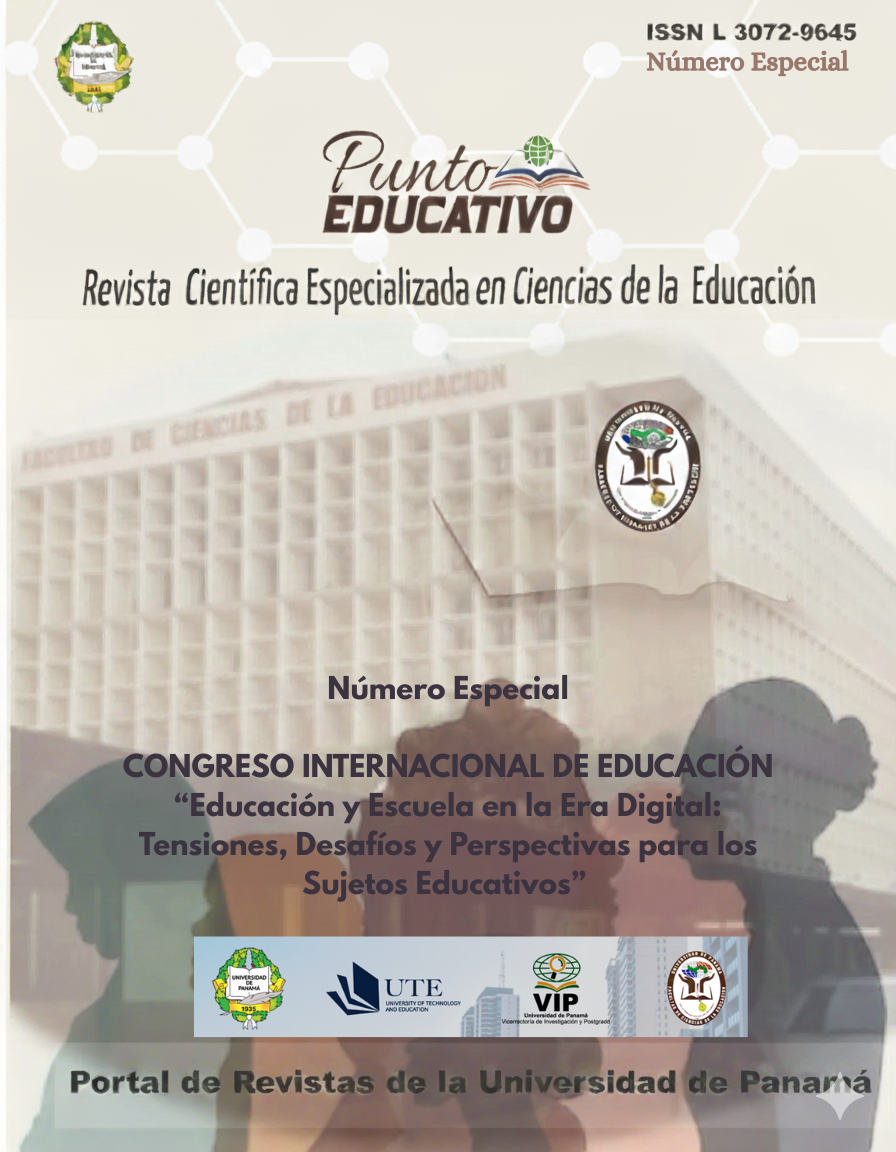

Copyright (c) 2025 Punto educativo

This work is licensed under a Creative Commons Attribution-NonCommercial-ShareAlike 4.0 International License.
The rapid advancement of technology and the growing demand for virtual education have transformed the role of teachers, requiring not only technical competencies but also soft skills that facilitate teaching and learning in digital environments. For the development of this study, qualitative research and bibliometric analysis based on indexed databases were chosen. As a result, areas of high concentration in research on soft skills and their integration with advanced technologies, such as virtual reality and computer simulation, were identified. This finding underscores the growing importance of soft skills, such as effective communication, teamwork, and adaptability, especially in the context of the drastic changes brought about by the COVID-19 pandemic. Research shows that these skills, combined with technological tools, are transforming education and training, preparing individuals holistically to meet the challenges of today’s labor market. The emerging trend suggests an ongoing exploration at the intersection of technology and human skills, highlighting the need for holistic and adaptive educational approaches. In conclusion, soft skills have gained importance due to the need to prepare students to meet the demands of today’s labor market, which requires high levels of proactivity, adaptability, resilience, and responsibility. Education should incorporate the development of these skills into training programs, designing strategies that foster their acquisition. This integrated approach is essential for developing individuals capable of thriving in an increasingly interconnected and technologically advanced environment, ensuring that future professionals can excel and adapt effectively to their work environments.